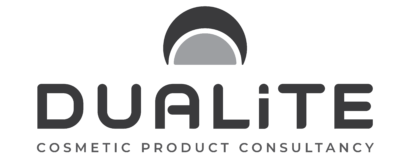Private Label Cosmetic Product Production
Why is it preferred and how to do it?
The cosmetics industry is a highly competitive space for brands seeking innovation and differentiation. In this competitive environment, many brands are turning to private label cosmetic product manufacturing. So, what is private label, why is it so popular, and how is it implemented?
What is Private Label? Private label refers to products that are manufactured by one company but sold under another brand’s name. This gives brands the opportunity to create and sell their own products without being involved in the manufacturing process. In the cosmetics industry, private label allows brands to create unique formulations and packaging for their products with great flexibility.
Why Choose Private Label?
- Low Initial Cost: Brands can develop products using existing production lines without investing in manufacturing facilities, which is a great advantage, especially for new brands.
- Fast Market Entry: Since product development and manufacturing are handled by specialized manufacturers, brands can enter the market quickly.
- Flexibility: Private label allows brands to rapidly expand or narrow their product range based on consumer demand.
- Uniqueness: Brands can customize the formulation, packaging, and design of their products, creating a completely unique product line.
How is Private Label Cosmetic Product Manufacturing Done?
- Choosing a Manufacturer: The first step is finding a reliable manufacturer that can produce high-quality products. It is important that the manufacturer holds cosmetic certifications and adheres to quality and safety standards.
- Product Development: Brands work with the manufacturer to decide which products to produce. At this stage, details like the product formulation, active ingredients, scent, and texture are determined.
- Packaging Design: The product’s packaging should reflect the brand’s identity. Elements like color, shape, and materials are chosen carefully.
- Production and Testing: Once the products are manufactured, they must undergo all the necessary legal tests in the cosmetics industry. These tests ensure the product’s safety and effectiveness.
- Marketing and Distribution: Once the products are ready, the brand’s marketing strategy comes into play. The products are then delivered to consumers through the distribution channels determined by the brand.
Private label cosmetic product manufacturing offers brands the opportunity to launch a unique and competitive product range while keeping production costs low. This strategy is ideal for brands looking to enter the market quickly or those that prefer not to handle the manufacturing process. If you want to take your brand to the next level, private label cosmetic production could be the perfect solution for you.



